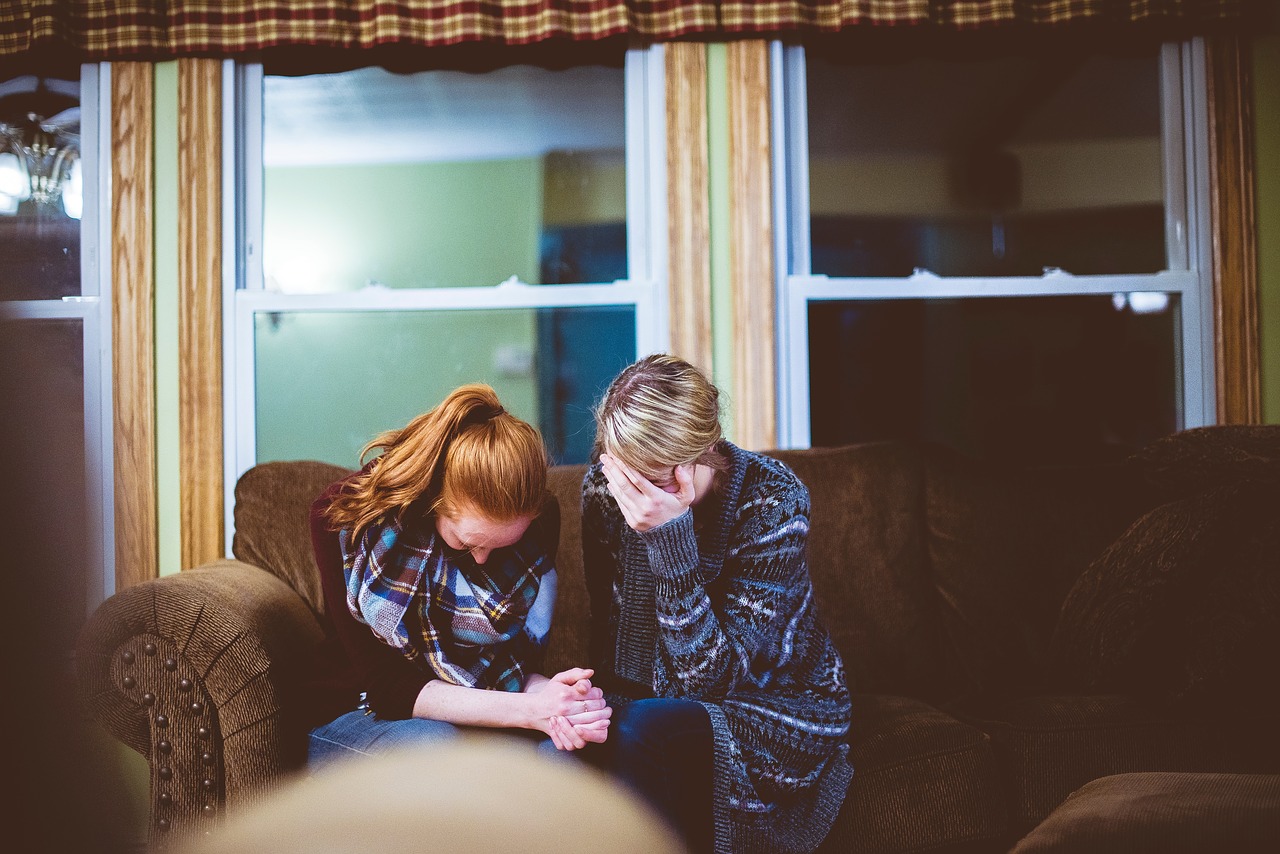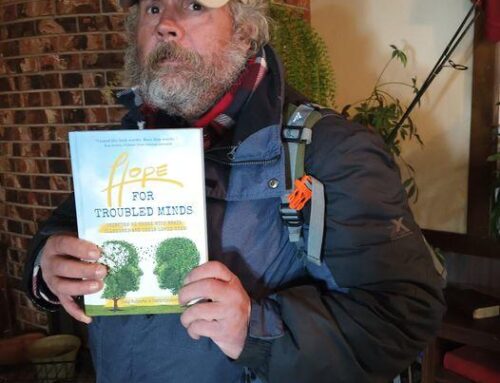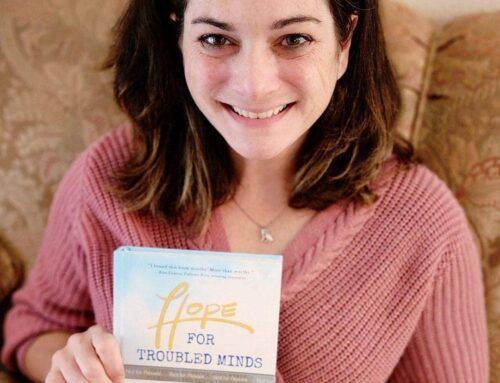“Mitch, I don’t allow myself any more self-pity than that. A little each morning, a few tears, and that’s all.” I thought about all the people I knew who spent many of their waking hours feeling sorry for themselves. How useful it would be to put a daily limit on self-pity. Just a few minutes, then on with the day. And if Morrie could do it, with such a horrible disease . . . ― Mitch Albom, Tuesdays with Morrie.
Self-pity, in measured doses, is a natural expression of grief and sadness. It is part of being human. God would expect no less from us. It can even be beneficial. As we get in touch with our personal emotions, we can be more empathetic towards others.
But, there is a time and a place for self-pity. If it spills over too broadly, our relationships can become terribly imbalanced. This is particularly insidious when parents confide their troubles with their children, often at ages where they can not possibly understand. Such children are then saddled with emotional burdens such that their childhood is robbed away from them.
This happens so often in divorced relationships. Rather than communicate with each other, the parents send messages through their children, often loaded with emotional baggage. Parents then look to their children for consolation and a vicious, pitiful cycle is set in motion.
As a child of divorced parents and now, one who has been divorced, I am keenly aware of this terrible tendency. My parents each did a good job of having their emotional needs met without coming to me. I hope I have done the same. In today’s world, there are so many expressive outlets for unhealthy self-pity. Facebook is the most notorious. I cringe whenever I see persons within broken relationships battling it out on the pseudo-safe screen. No good can come of this. Scripture says to speak the truth in love (see Ephesians 4.15). On-line rants are anything but truthful and certainly not loving.
So, what is the time and place for self-pity? Certainly, close friendships offer the opportunity to mutually share one another’s burdens. As someone who has a mental illness (and many emotional needs), I have found it beneficial to have many friends I can turn to so as not to burn any one out. With texting, I can even reach out night and day. Daytime to those who work from home and can take breaks. Nighttime to those who unwind from the day. Even midnight and the early morning hours to those in different time zones.
“A friend is someone who knows all about you and still loves you.”― Elbert Hubbard
Good friendships move beyond venting and self-pity. A healthy, balanced relationship is marked by emotional honesty. With our best friends we can express the broad spectrum of emotions: mad, sad, glad, afraid. We don’t have to hold anything back, though it is still important not to let ourselves get carried away such that we ignore the needs of our friend. When we are emotionally honest with our friends, we grow closer. Our bond is strengthened. When we put on a mask, a good friend calls us out on our BS.
Our closest friends may want to soothe our pain, but if they know us well, they won’t try to fix our problems. When I was in group therapy and someone started to cry, inevitably there was someone who would frantically search for a box of tissues. The therapist would gently ask them to wait. Tears need to be shed, not stifled, if there is to be emotional growth.
Those who sow with tears will reap with songs of joy. (Psalm 126:5)
Discover more from Delight in Disorder
Subscribe to get the latest posts sent to your email.








